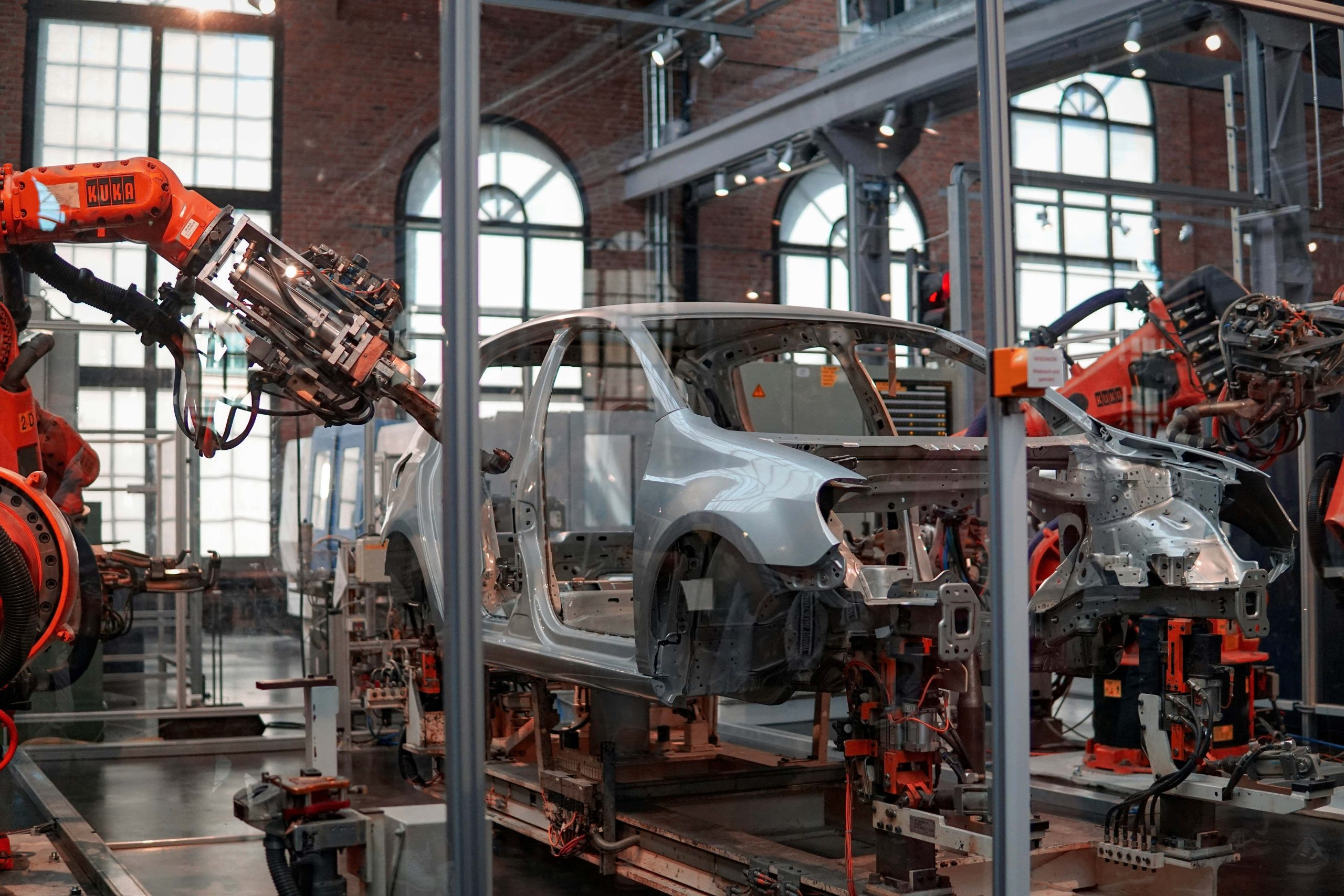
The automotive sector is entering an era of transformation where the pursuit of increased performance and more environmentally friendly vehicles is at the forefront of concerns. In this quest, one material stands out: titanium grade 5.
This titanium alloy offers a unique combination of lightweight, strength, and durability, making it an increasingly favored choice for automotive manufacturers. In this article, we will explore how titanium grade 5 is shaping the future of the automotive industry by enabling vehicle lightweighting and improving their performance.
Titanium Grade 5: A Revolution in Vehicle Lightweighting
One of the major challenges facing the automotive industry is reducing vehicle weight while maintaining their robustness and safety. Titanium grade 5 meets this challenge remarkably. With a density roughly half that of steel but with comparable or even superior strength, this alloy allows for the design of lighter components without compromising their structural integrity.
The applications of titanium grade 5 in automobiles are varied. Parts such as driveshafts, exhaust manifolds, suspension components, and even body parts can be made from titanium grade 5. By replacing steel or aluminum parts with titanium, manufacturers can reduce the total weight of the vehicle, thereby improving its energy efficiency, handling, and overall performance.
Enhanced Performance and Exceptional Durability
In addition to its potential for reducing vehicle weight, titanium grade 5 also offers benefits in terms of performance and durability. Its exceptional resistance to corrosion makes it an ideal material for components exposed to harsh outdoor environments, such as exhaust systems. Furthermore, its ability to maintain its mechanical properties at high temperatures makes it a preferred choice for high-performance engines.
Moreover, titanium grade 5 offers excellent fatigue resistance, prolonging the lifespan of components and reducing maintenance needs. This combination of increased performance and exceptional durability makes it an attractive investment for automotive manufacturers keen on offering superior quality vehicles to their customers.
Future Outlook and Challenges to Overcome
Despite its numerous advantages, widespread use of titanium grade 5 in the automotive industry is not without challenges. Higher production costs and challenges related to titanium machining are obstacles to overcome. However, with ongoing technological advancements and a growing demand for lighter and more performance-oriented vehicles, the use of titanium grade 5 in automobiles is likely to continue increasing.
Titanium grade 5 represents the future of the automotive industry by offering an unbeatable combination of lightweighting, increased performance, and exceptional durability. As automotive manufacturers explore new ways to improve energy efficiency and vehicle performance, titanium grade 5 emerges as a crucial ally in this quest for excellence.
Interesting Related Article: “How can ERP Help with Manufacturing Business Costs?“









